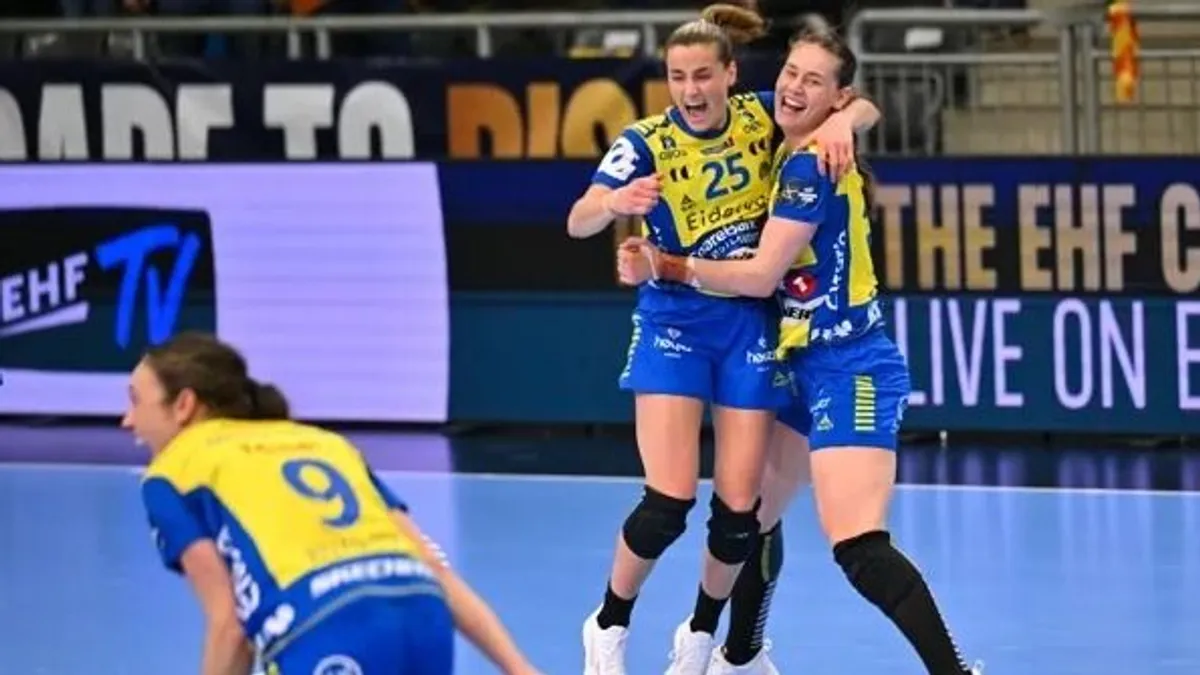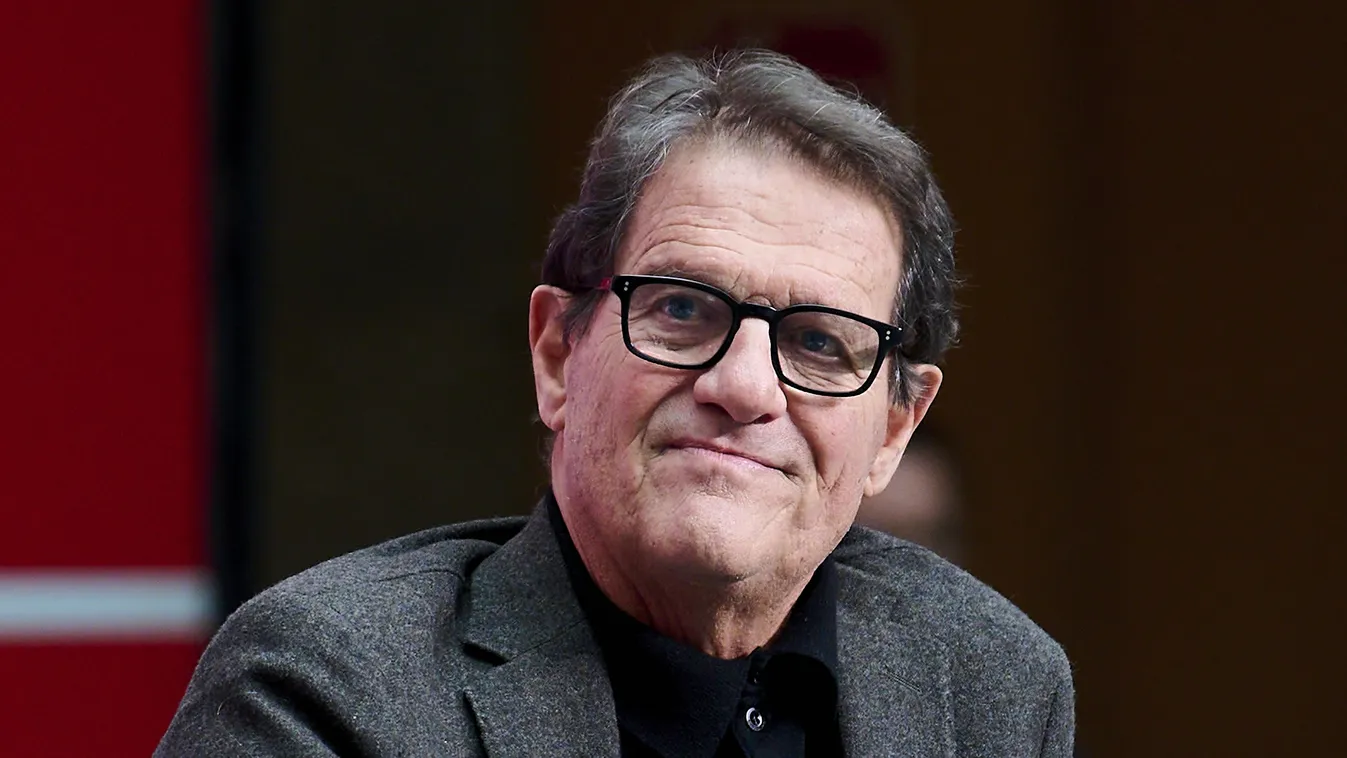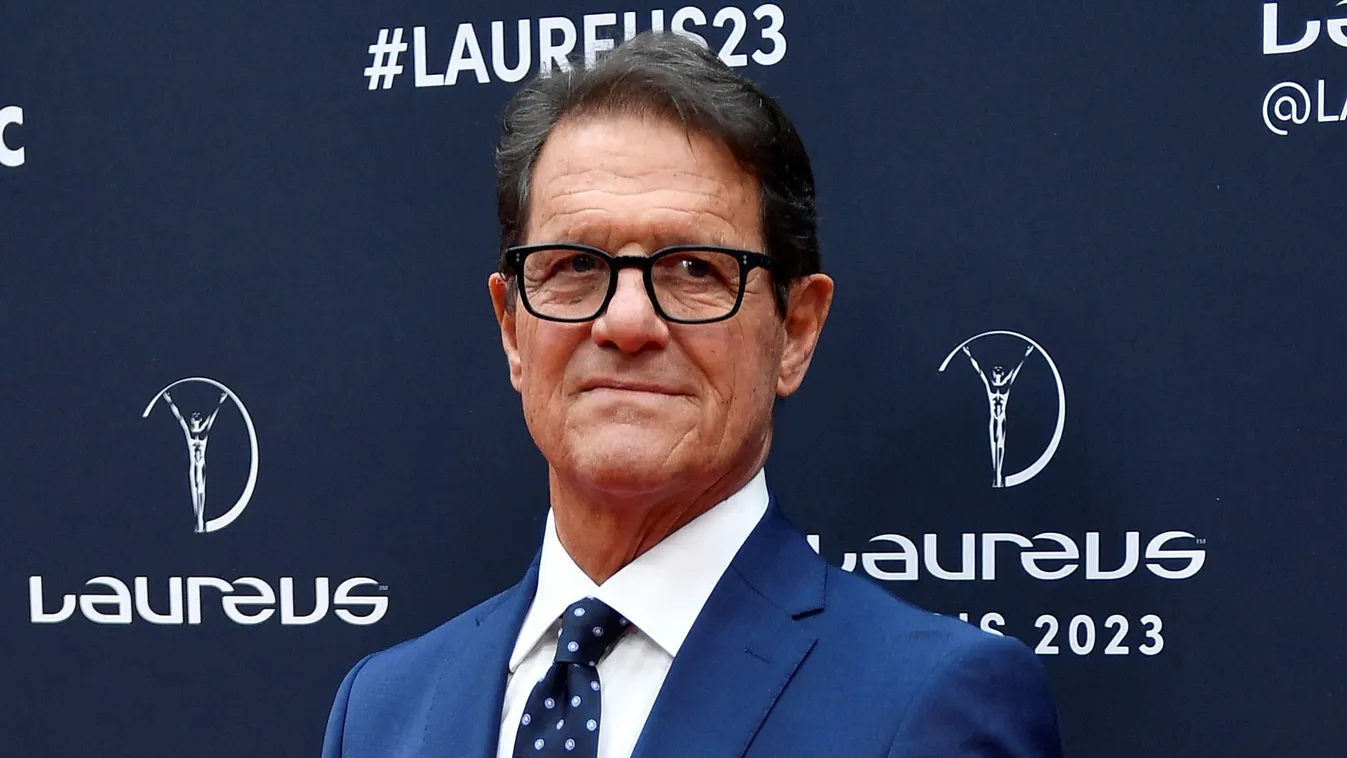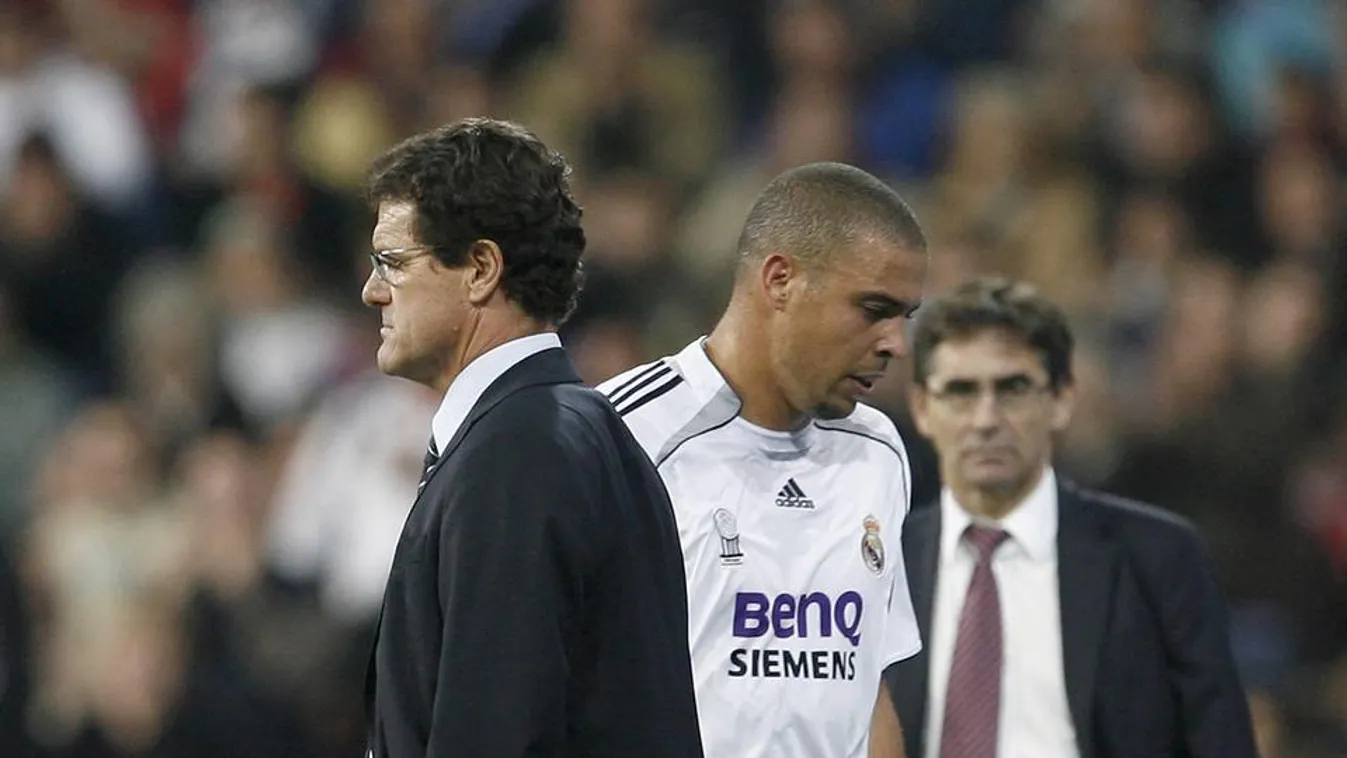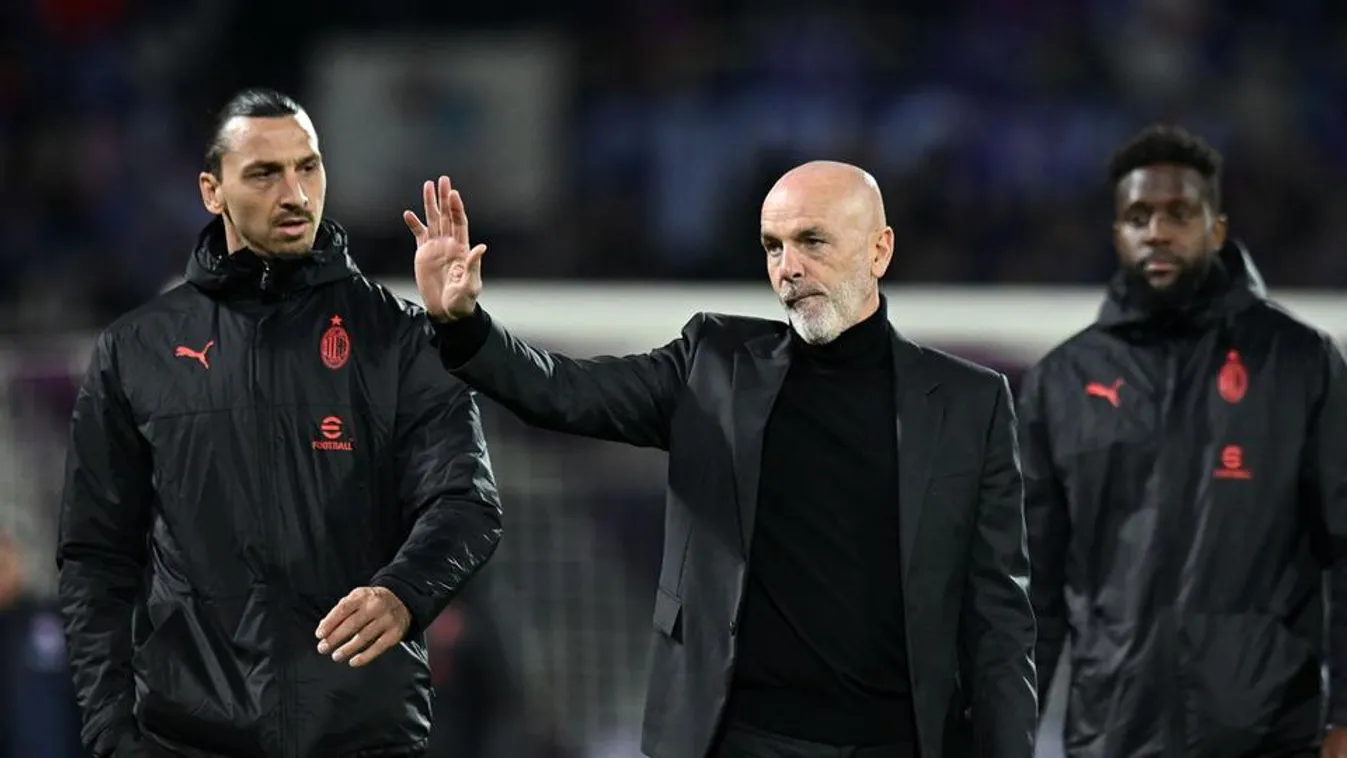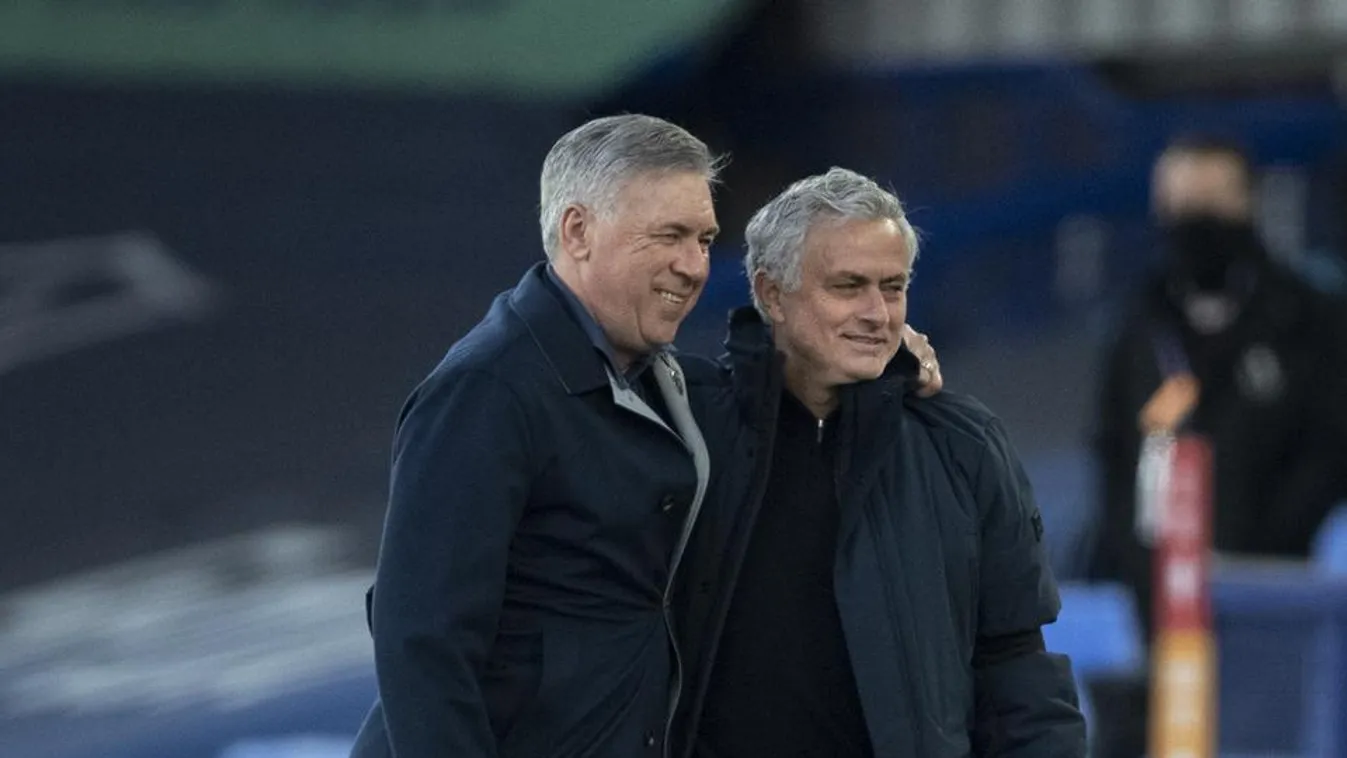Fabio Capello's warning about Marco Rossi's allurers: „This is the real danger!”
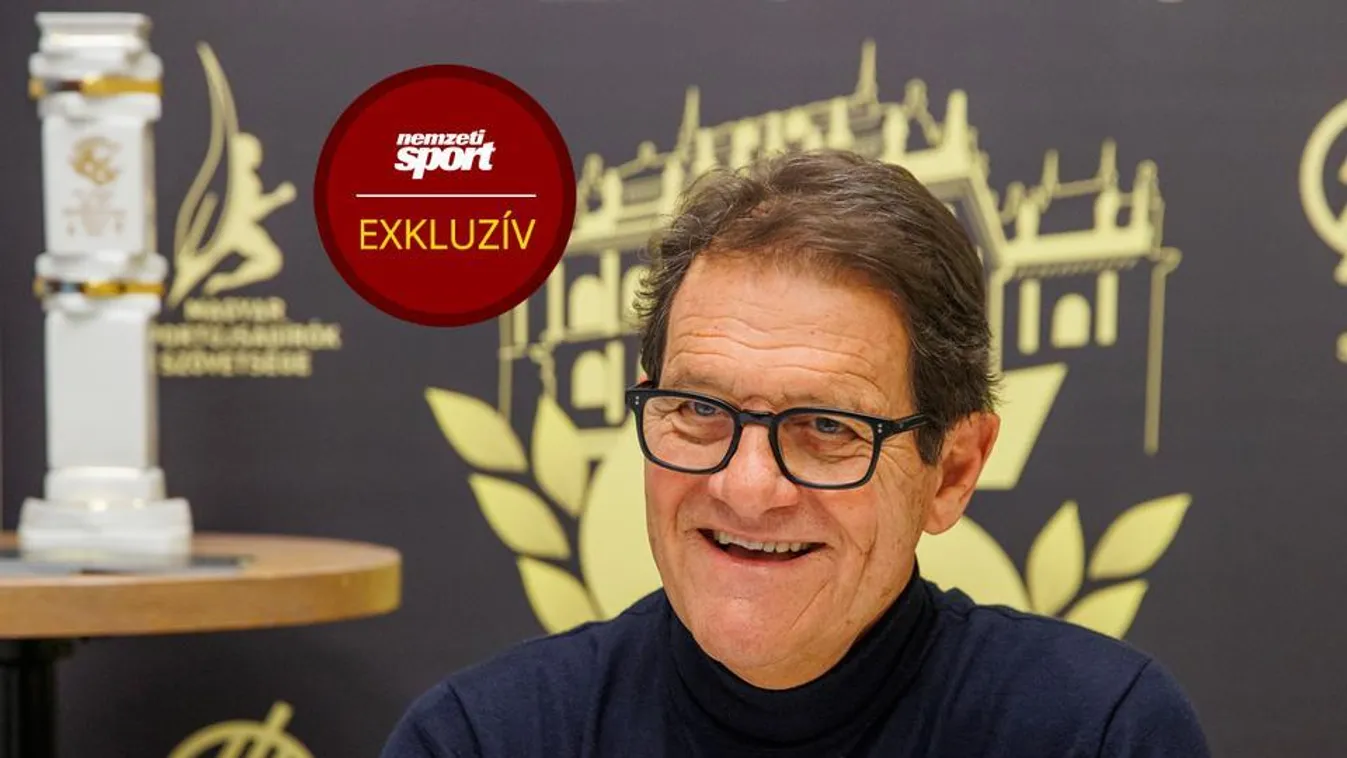
– Hungarian football had a special year, with the national team defeating some big teams in the Nations League group stage. The question is whether what we perceive as a brilliant success is also considered as such in Italy.
– I followed the Hungarian national team's performances and watched the victories against England and Germany with interest. After such a year, credit must go to the coach, who was able to instill a winning spirit in his players. And what is very important: the result indicates the development of the Hungarian players. Hungary was once spoken of as a great footballing nation. Here in Italy, at the Coverciano coaching course, we discussed the history of Hungarian football, the reform of the WM system, the glorious past, the glory of Puskás and his team, and 1954, the stolen World Cup victory. Because it was stolen from the Hungarians, that's the truth, isn't it?
– We don't know exactly.
– Well... If you look at how the members of the winning West German team ended up...
– You are obviously referring to the doping allegations and suspicious illnesses. It’s a strange case.
– Let's just say it really is strange. Going back to the subject of the current Hungarian national team, I am delighted that the team has reached a high level again, which is a very positive development. First of all, because - let's face it - there was a period when Hungary did not exist in elite football. It had no value in the world of international football. But now, it seems to me at least, that is changing. If a good community of quality players develops in the national team, it is a guarantee of progress. Please don't ask me what I think about this or that Hungarian player, because I have seen little of the team play, but rather read the praise. In general, however, I can say from my experience as a former national team head coach that the key to success in the national team is always the strength of the (comm)unity and the quality of the players. Moreover, there are many young players in the team, and this is a key factor for the future of Hungarian football.
– What is the merit of Marco Rossi as head coach?
– His job is to unite and coordinate the resources available. If I think back to my own time as head coach in England and Russia, I had the same tasks – to find the system that would make the team work most efficiently. Of course, that also means knowing the players, and assessing how to get the best out of them. We could say that the team should follow this or that style of play, but if they don't have the quality, it's no use. You can say to play the Josep Guardiola way, but if you don't have the players to do it, you're not going to get anywhere. I always say to look at our grapes and make the right wine out of them. If the grapes are excellent, so is the premium wine. The intelligence of a coach is whether he can recognize that. If the Hungarian national team has achieved successes over the past year that were not anticipated, it is a sign of quality and the ability of the coach. But for me the most important message is that the future can be read of the current quality. Just as there are trends to follow in the world of fashion, positive football experiences set an example, encourage young people to play and start a movement.
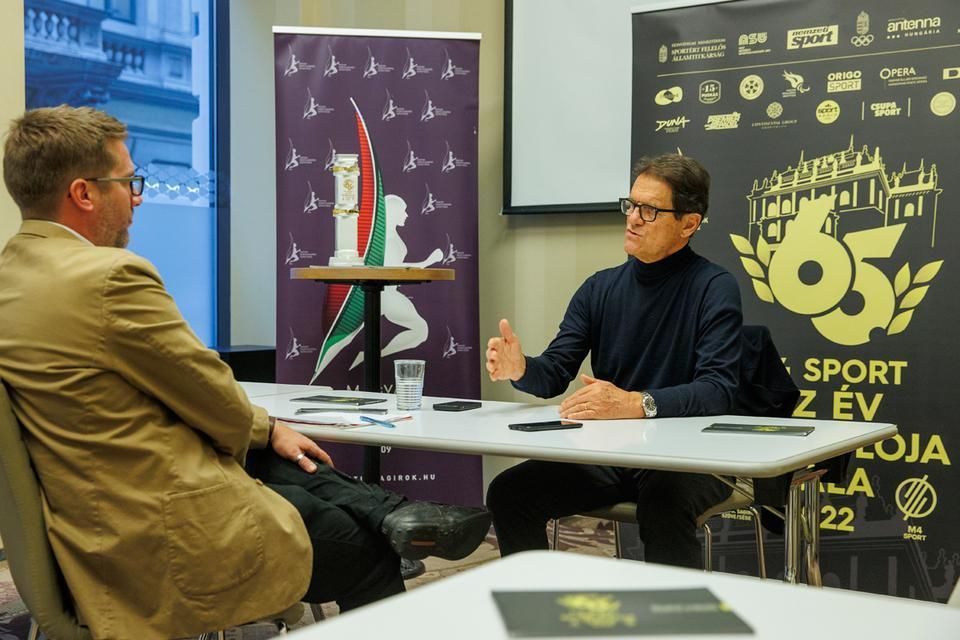
– The Italian head coach of the Hungarian national team is very popular in Hungary. But how much is his work recognized in his home country?
– In Italy, work of coaches working abroad is always followed. I also used to get attention at various locations. Sports newspapers regularly report on what is happening with Italian coaches working in foreign countries. Recently, there has been news about what Edoardo Reja has done as national team head coach in Albania, Andrea Pirlo as coach of Fatih Karagümrük in Turkey or Vincenzo Montella as manager of Adana Demirspor, also in Turkey. And they also share a similar comparison of the news about Marco Rossi in Hungary – they monitor what he does, and what happens to him. At the same time, for your sake, I hope that there will not be any interested parties who will make him say “ciao, ciao” to the Hungarians! That is the real danger, we all know that. Because let's face it, there are offers that are hard to refuse. Rossi, on the other hand, feels very comfortable in Hungary, he enjoys the respect of the people, and that is a decisive factor for a coach. That they see the value of his work, what he gives, and what he has achieved. And he should be appreciated. Money is important, but it is not easy to make the change, the jump into the unknown. If someone works abroad, one can learn a lot, can mature and see how things work in other countries, how things are different compared to Italy. I have had the opportunity to work in Spain, England, Russia, China, and these have been important experiences.
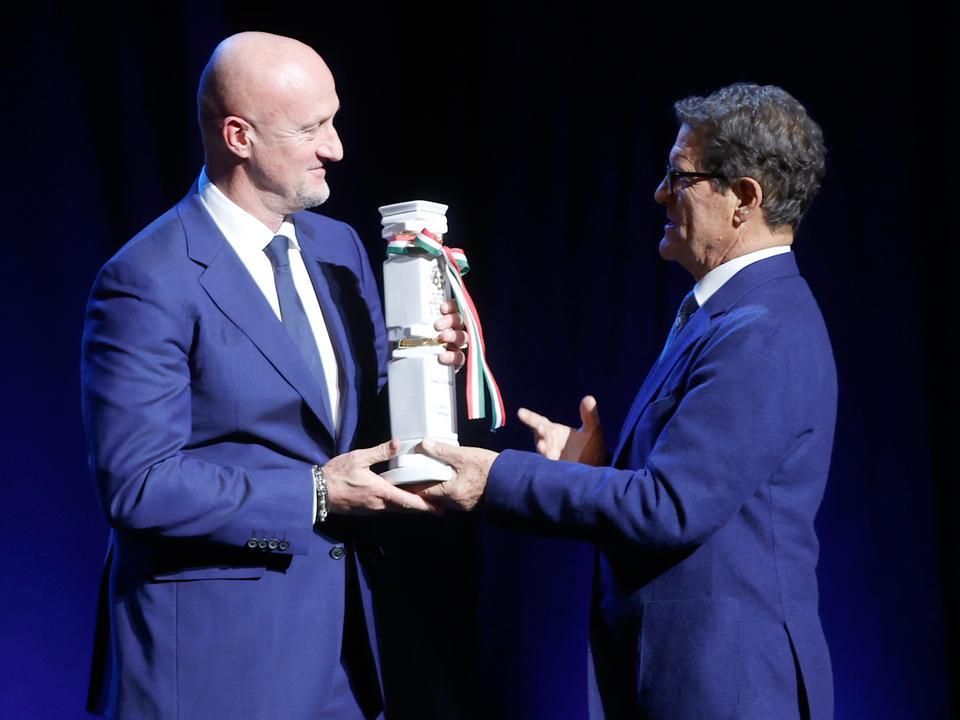
– Are there still different football cultures or is football, among many other things, becoming globalized and standardized?
– Today, there are so many sources of information to learn from, and it is largely up to the capacity of the coaches to absorb or not to absorb so much of them. I believe that it is possible to copy, but the copy needs to be improved. You can copy elements that work well elsewhere, but make sure to add your own, too. Regarding globalization, I am reminded of the World Cup experience in Qatar. Despite all the huge sums of money and development, the tournament showed that football in the Middle East is still developing slowly. It is at a lower level, and this is evident at the World Cup, where the bar is set higher. This includes my own experience in China during my time as Jiangsu Suning’s coach. When I arrived, my first impressions were positive, I felt my players were skillful. Then, as time went by, I realized that it was always the three foreign footballers who carried the team on their backs, they were the key players. It's like when you're driving down the road on a little Vespa, you feel like you're going quite fast and then suddenly a big, proper motorbike goes past you.
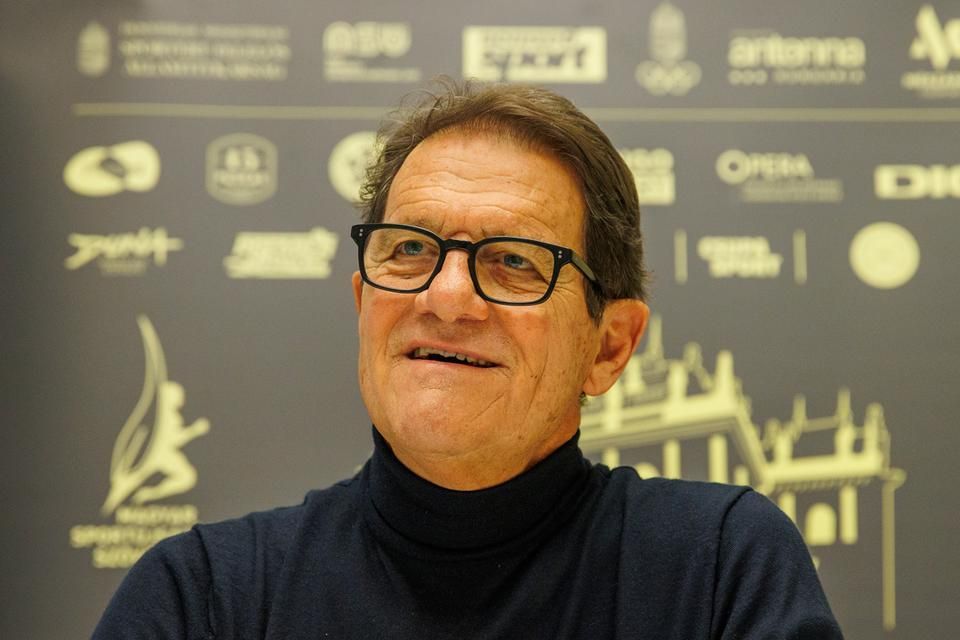
– What lessons did the Qatar World Cup teach you?
– It was an extraordinary World Cup. The physical strength of the teams was more pronounced, and this also determined the nature of the matches. The simple explanation is that the tournament was held during the season, so the players were fresher, more energetic and showed no signs of fatigue. We can also take from the World Cup that the teams playing tiki-taka were finished. The game has become faster, more intense and more forward-looking. It's much harder to play vertically at a fast pace than horizontally, where you can comfortably move the ball back and forth, looking for opportunities to move forward. Look at the example of Spain, who went down in the World Cup! Sixty-five percent possession, two shots on goal, and that’s it. A bit boring for me. In contrast, Argentina and France, the two teams that reached the final, achieved their results with a world-class performance. And it's essential that the national teams have their own vision, their own system of play. There is Morocco as a positive example, showing what it is like to combine determination and modesty with organization. In Morocco, we could see perfectly well that it is no longer worth organizing the game around isolated footballers, but that the team must attack and defend together.
– But the star of the Qatar tournament was one man: Lionel Messi.
– I've known him for a long time, and I noticed his special qualities right from the start of his career. I was still working as a coach at Juventus when he got a chance to play against us in the Joan Gamper Cup against Barcelona's senior team. That was one of his first games. Not even twenty minutes later, I walked up to the bench and asked my Barcelona colleague Frank Rijkaard: "Could you lend us that boy for a year for Torino?" And at the post-match press conference I said, "I saw a genius today." I knew how strong my team was, and I knew that if this young man could play like that against Juventus, he would really be at a higher level. The true measure of a player's worth is always his ability to perform against a stronger team than his. As for the World Cup in Qatar, I had the impression that Messi was a shadow of himself until the semifinals. He had his passes, performed a couple of dribbles, but he lacked sprints and big moments, just like Cristiano Ronaldo. Then, after watching the semifinal, I changed my mind about him. His performance against Croatia, his brilliant solo, and his assist to Álvarez, were like another Messi. He found harmony with his teammates, regained his confidence and respect of his teammates, which then took him and the national team to the World Cup title. I've seen him a few times recently at the Paris Saint-Germain matches. He plays, but he doesn't give more than seventy percent. What he showed in the World Cup semifinal and the World Cup final was one hundred percent. And I was right at that old friendly match: he is a genius. Apart from him, only Pelé and Diego Maradona were at the same level. Ronaldo, I mean the Brazilian Ronaldo, is a bit lower than them. Cristiano Ronaldo is an outstanding footballer, but not a genius. And if you go to a match where Messi is playing, you can be sure that the ticket is worth the price. You might have to wait seventy minutes for him to show you what only he can do, but the moment will come, for sure.
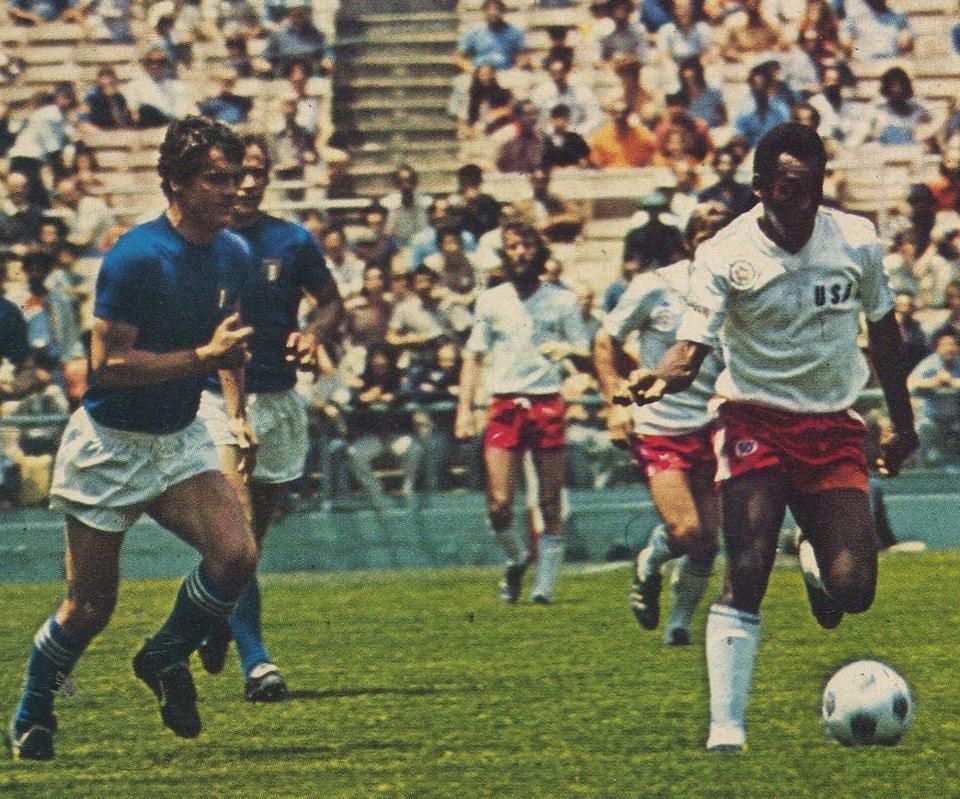
| As we found out with some research in January 2021, Fabio Capello's father was registered as Péter József Kapelló Guerrino in Himesháza, where he was born on June 28, 1915. His father is listed in Hungarian documents as Eduard Kapelló, a blacksmith, and his mother as Mária Olívó, both aged 24 at the time of his birth. The couple had previously moved from the Italian border town of Pieris (now part of San Canzian d'Isonzo), evacuated from the coast due to the war, to the Hungarian village, probably via Pécs. However, many decades later Himesháza became known in sporting circles as the birthplace of Norbert Michelisz, a racing driver. Fabio Capello, born in 1946, had 32 caps for the Italian national team and – interestingly, as a midfielder for Juventus – he has also played against two Hungarian teams. In 1970, he played against Dózsa Pécs in the Vásárvárosok Cup (1–0 win in Pécs, 2–0 win in Turin) and in 1973 in the European Champions Cup quarterfinal against Dózsa Újpest (0–0, 2–2). |
– Do you have any personal memories of Pelé?
– I had the pleasure of playing against him. In 1976, on the bicentenary of the approval of the American Declaration of Independence, a commemorative tournament was organized in which Pelé, who was playing for New York Cosmos in the United States against us Italians.
– As well as Pelé's only Hungarian teammate – for 45 minutes – Juli Veee, born Gyula Visnyei.
– That's right, I remember his name! There was Franz Beckenbauer, Giorgio Chinaglia, Bobby Moore and a few other famous players. Pelé showed little in our match, but then he suddenly showed his talent. With five minutes left in the game, he received a ball on the left, made two dribbles and shot from an impossible angle that I still marvel at when I think about it, even though the ball hit the top bar. He did the same as Messi did in many cases. For a long time, it looked as if he wasn't even on the pitch, then he shook himself and amazed everyone. Later, we met in civilian life on various occasions, but that memory blurs everything.
– Since 2014, how has Italy been coping with the years without the World Cup?
– It’s a tragedy. For me, certainly. It was unthinkable before. The way I grew up, getting into football, I felt we were on top of the world. Nevertheless... Fortunately, in the meantime, we won the European Championship last year, which gave us a bit of a boost, but it doesn't make up for missing out on two World Cups in a row. It's terrible.
– Two years ago, you mentioned your family's Hungarian roots: your father, Guerrino Capello, who died in 1982, was born in Himesháza, Baranya County, in 1915. From contemporary documents and newspaper articles, we know something about your ancestors' time in Hungary, but not much. How did your grandparents come to live in Southern Hungary?
– World War I took them there. They were living in the Friuli countryside and were resettled on Hungarian soil as a result of the war. They were refugees.
VIDEO ABOUT THE 1970 PÉCSI DÓZSA-JUVENTUS MATCH
– How much time did they spend in Hungary?
– According to the family, two years. Then they were taken to Vienna and only in 1921 or 1922 were they able to move back to their homeland. My grandfather Eduardo was the head of the family. He worked as a manual laborer, a blacksmith. I know little about him.
– Following our article two years ago, the mayor of Himesháza said he would like to meet you in your father’s hometown one day. Now is the time to ask you: will you accept the invitation?
– Let's keep it in mind...
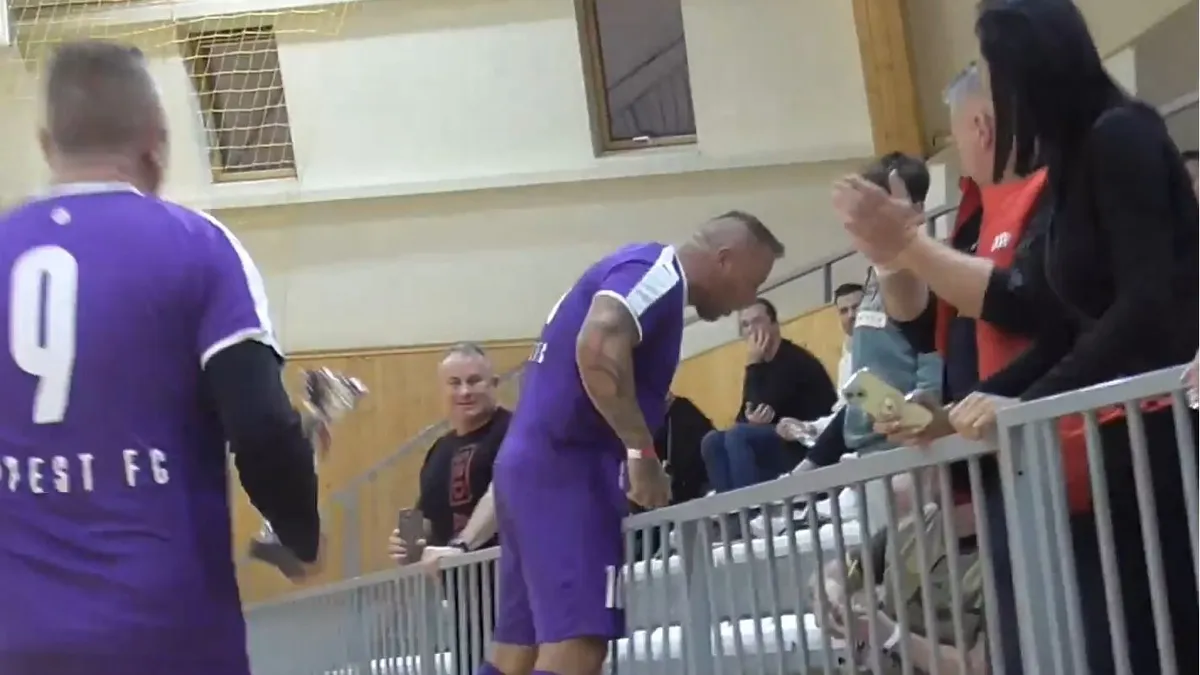
Curtis pofonvágta az őt gyalázó szurkolót a lelátón
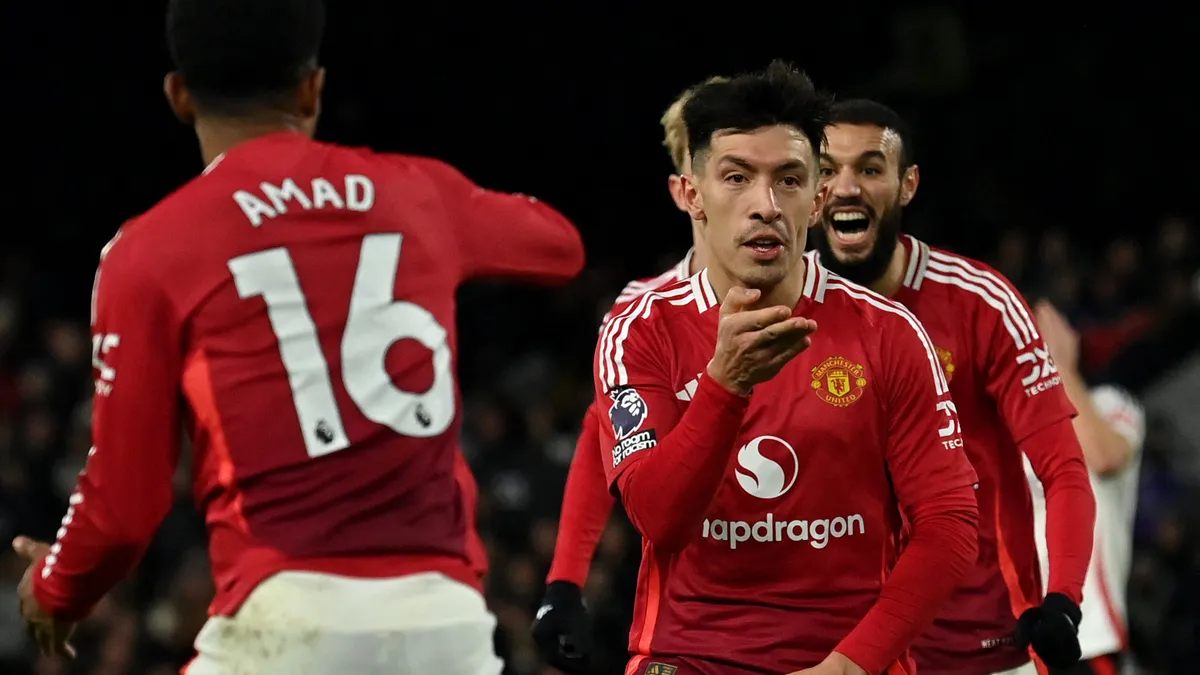
Az MU egyszer találta el a kaput, de egy szerencsés góllal így is nyert
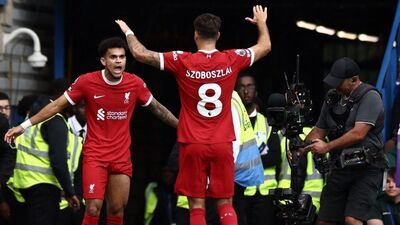
Ez nem hiányzott: Szoboszlai Dominik még egy világsztár miatt aggódhat!
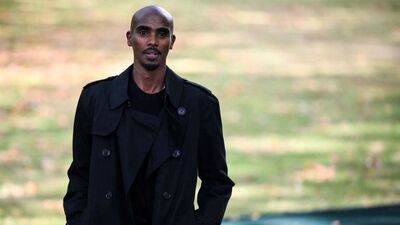
Milliárdokért árulja luxusotthonát az olimpiai bajnok

Villámgyors finomság – az 5 legjobb tejbegrízrecept
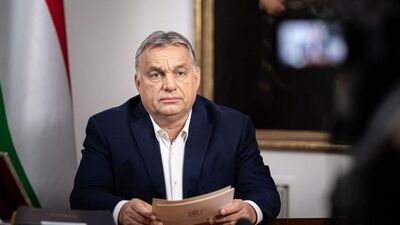
Orbán Viktor elutazik, ezen a helyen magyar kormányfő még nem járt
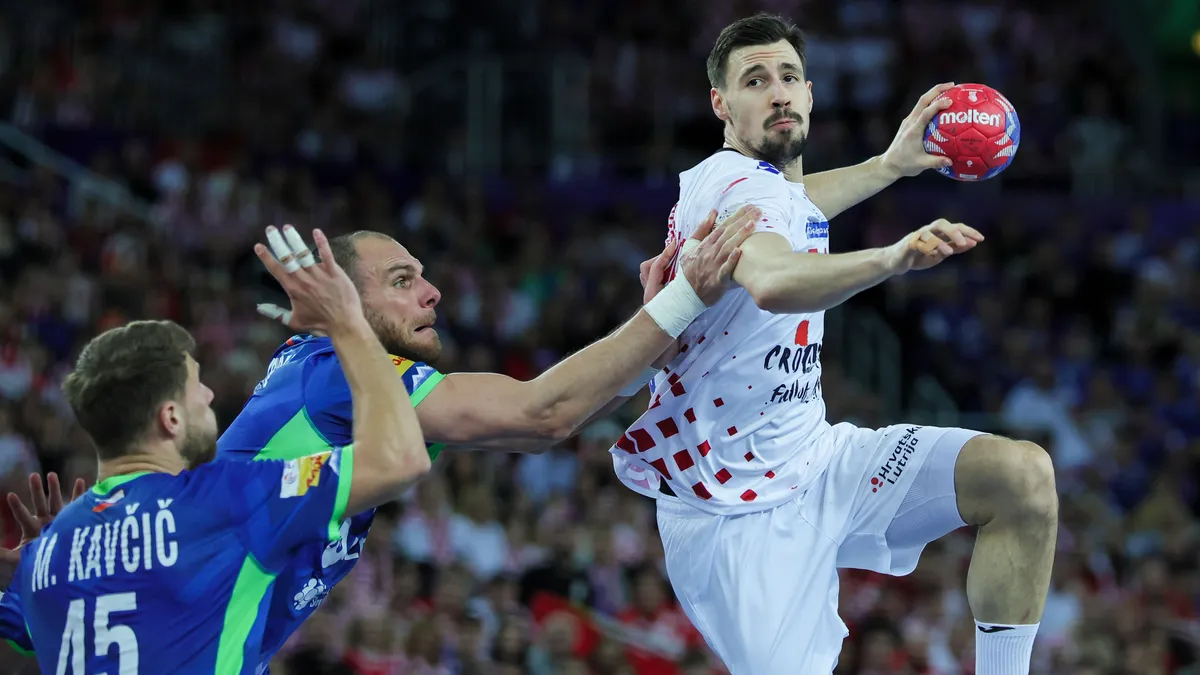
A szlovénokat legyőző Horvátország lesz a mieink negyeddöntős ellenfele kedden 18 órakor a kézi-vb-n
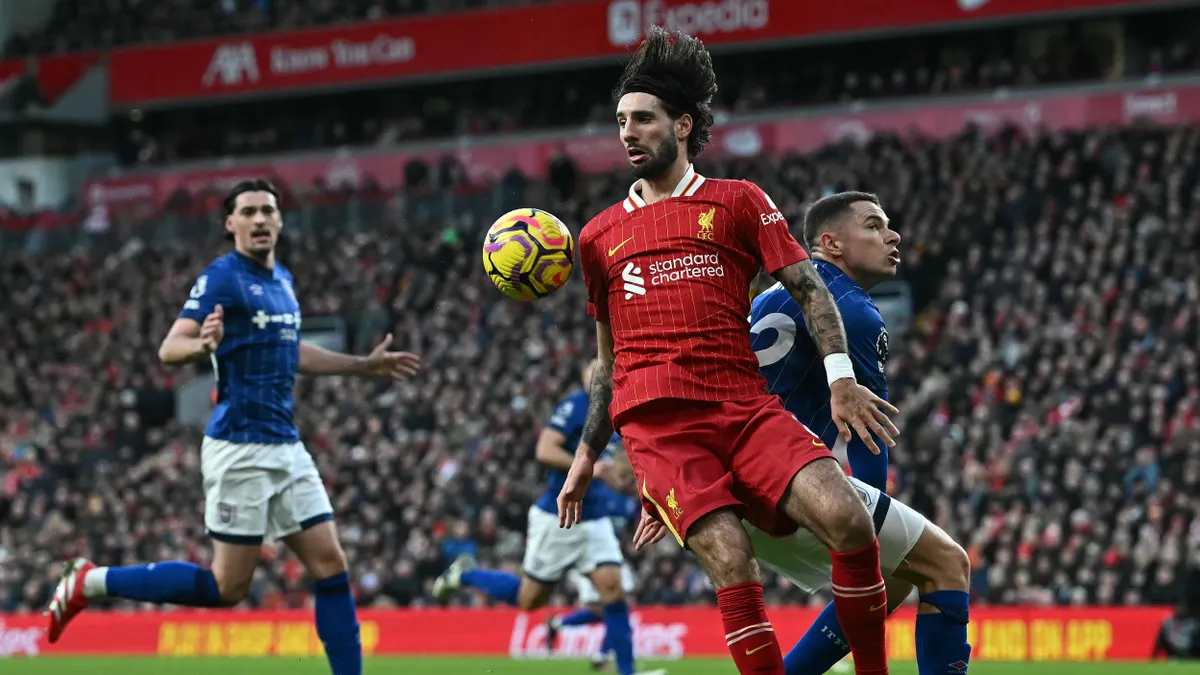
Szoboszlai szenzációs passzán ámul a világ - videó

A Chiefs újabb drámai meccsen nyert a Bills ellen – triplázás kapujában a Kansas City!
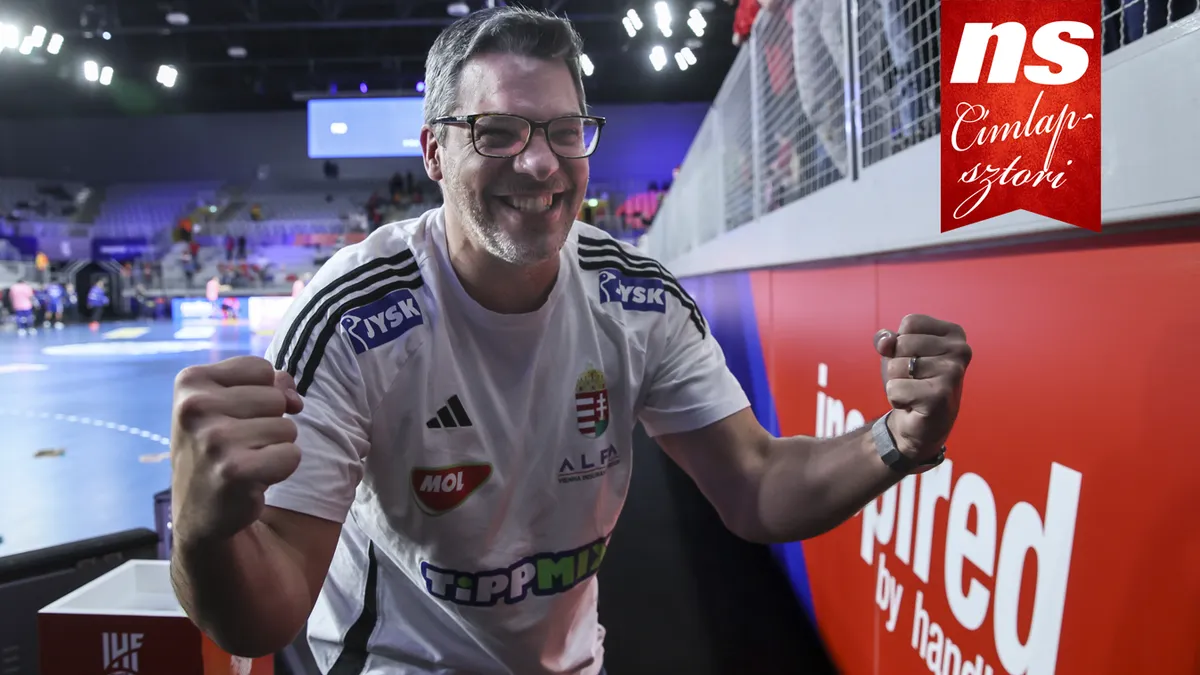
Chema Rodríguez: Óriási dolog, hogy sorozatban harmadszor ott vagyunk a nyolc között
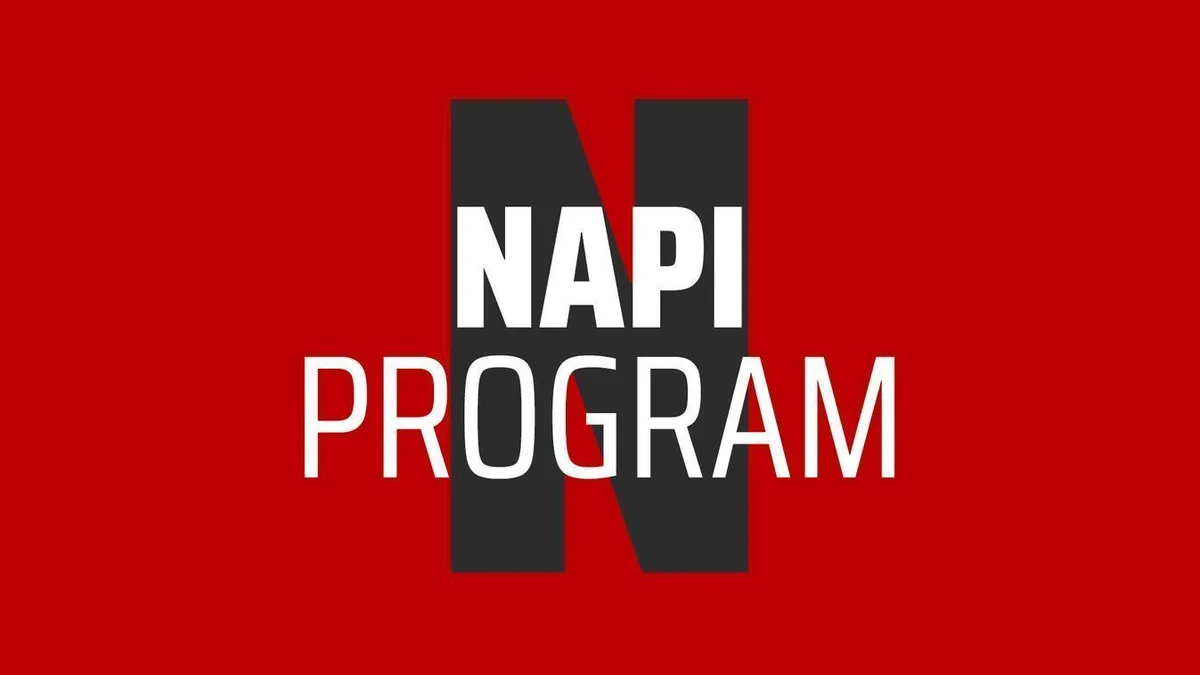
Hétfői sportműsor: olasz, spanyol és angol futball, magyar futsal
